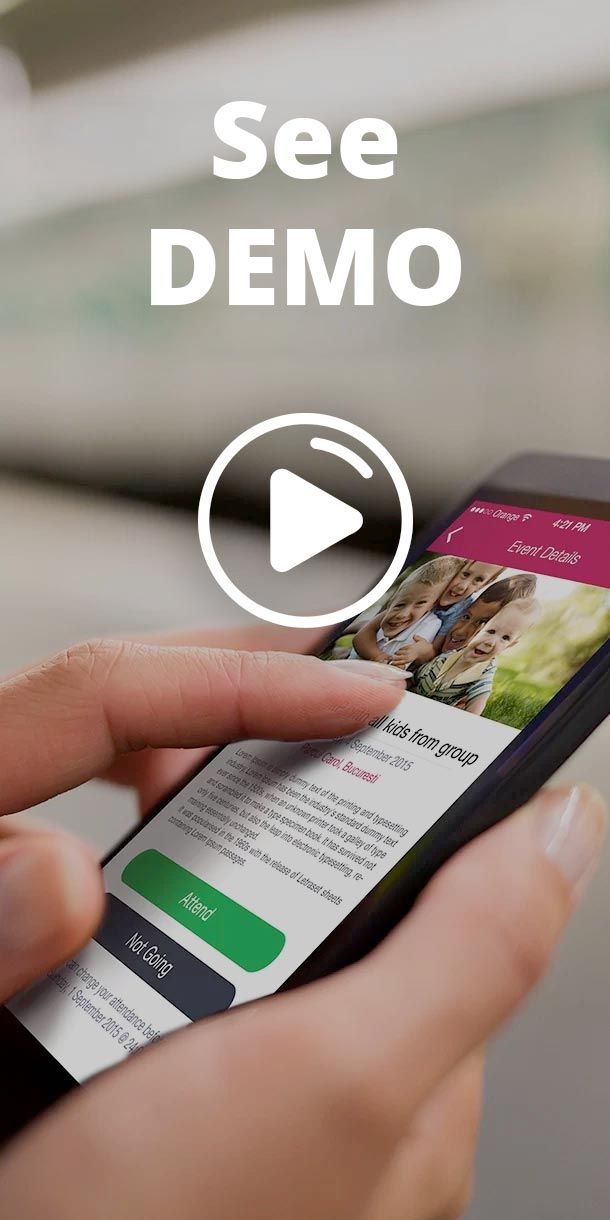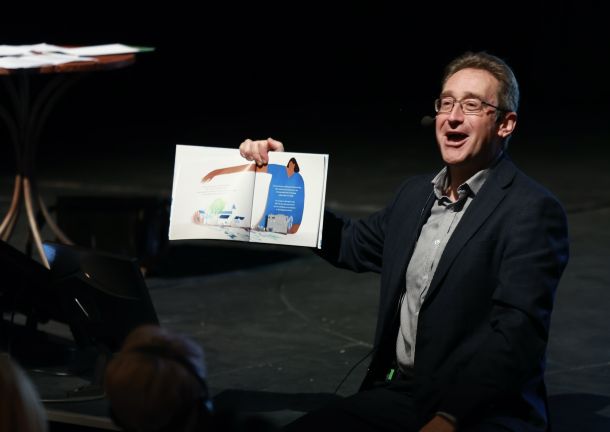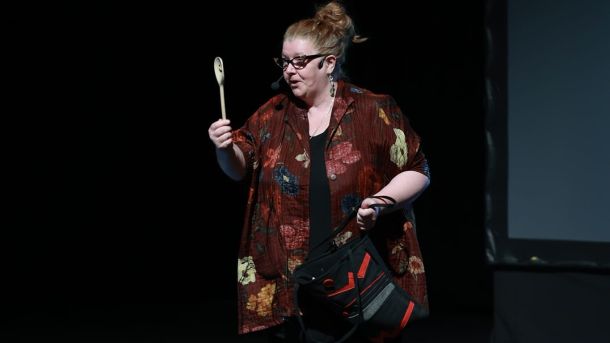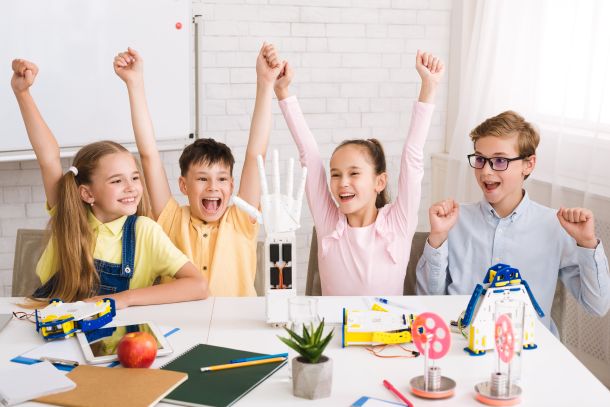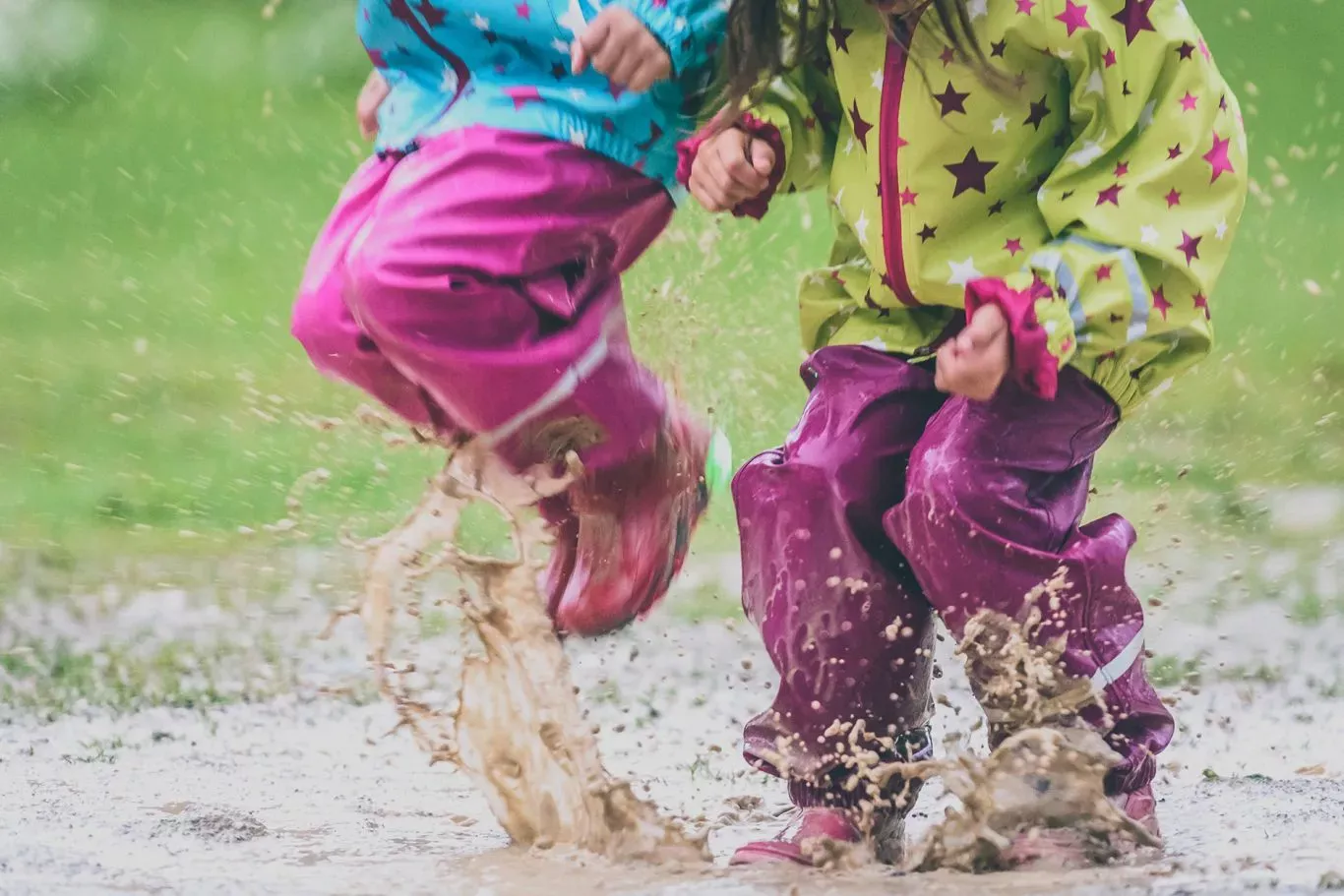
Free play: the most natural form of experiencing life
Free play is the most natural form of experiencing life, for children. Free play strengthens children's creativity, empathy and critical thinking.
“My take is that any activity can be play or not play. The secret sauce is playfulness.” — Ben Mardell, researcher and educator, Project Zero
At first glance, we don't attach much importance to the game. It is often associated only with fun. But studies confirm that play is learning, and children learn by playing. Play is so important for children's optimal development that it has been recognized by the United Nations High Commission on Human Rights as a right of every child. Play or play comes in many forms. The first and perhaps most important is independent play when children play by themselves, tell stories, use their favorite puppets or stuffed animals, do puzzles, or build with cubes. Another component of free play is social play when children play with each other or with adults. An alternative to free play is guided play, when children play in a context set by adults, and a prime example is an educational play.
Benefits of free play
Free play stimulates early brain development and improves intelligence
From an early age, children interact with the world around them through play. Most researchers and early theorists argue that play is at the heart of child development. Babies' brains have an abundance of connections between neurons, called synapses. Creating as many synapses as possible allows the knowledge gathered in the early years of life to be a foundation for cognitive development. If the experience of play is missing, significantly fewer synapses will be created.
Neuroscientists have found that play, the use of toys, and various board games, can alter brain chemistry and physiology. Play and the use of toys are more beneficial to the area of the brain associated with higher cognitive processing (the cerebral cortex) than to other parts of the brain.
A study by the University of Arkansas shows that a child who has had access to toys will have a higher IQ by age 3. Later, psychologist Edward Fisher reviewed 46 studies conducted on play and found that play could significantly enhance a child's cognitive, linguistic, and social development.
Free play improves social skills and empathy and promotes impulse control and emotion regulation
When interacting with other children, the child learns how to communicate their ideas, the goal of the game and how to work together to achieve a common goal. Children practice reactions, behaviors, and emotions that they will later encounter in real life and know how to manage successfully.
It is important to instill a desire and interest in exploration and discovery in children from an early age. They create an accessible world at their fingertips, over which they have control and can practice scenarios they imagine they might experience as future adults.
Free play contributes to an understanding of their feelings, emotional flexibility, adaptability, and the ability to cope with unexpected changes and events cultivates perseverance and concentration and promotes collaboration and cooperation.
In free play, the child is allowed to make mistakes without feeling pressured, without feeling the pressure of loss. It is like a simulation of managing emotions and reactions in real situations, an optimal way of practicing self-discipline.
Free play encourages creative thinking and improves language skills
The flow of creativity takes on huge proportions in free play. Children imagine, interpret, make predictions, express their thoughts in words and pictures, and perhaps even in actions that go beyond the experience of the play itself. The creativity thus generated enhances their ability to think, feel and engage in complex communication with others. Their brains develop in the face of challenges.
Imagination helps children to invent new and different ways of dealing with different situations. A rich imagination is evidence of a well-trained intellect, so we should not restrict their experience of play and realize that their infinite creativity will not always be there and it is our responsibility to give them the precious time they need to make a healthy contribution to free thinking.
Modern society leaves less and less time for free play for children
Social pressure has accelerated the pace of our daily lives to the point where we can hardly keep up. And while we as adults feel the rush of seconds ticking away, our little ones are caught up in a whirlwind of tasks they have to tick off: school, nursery, English lessons, ballet, football, dancing, robotics, storytelling, swimming, and a whole host of extracurricular activities that benefit our children. We just want the best for them, for their development and we want to see them not limited in any way. It's like a race without a finish line, a competition that goes on between our families and each other. But precisely because of this competition, the sense of self-worth becomes dependent on external sources. It's harder and harder to get off this merry-go-round. This unnatural pressure can cause anxiety in young children, from an early age.
One of the basic criteria that arouse maximum interest among parents when enrolling their children in schools and kindergartens is the number of electives and activities they can enroll their children in. The longer the list, the more prestigious the institution and the happier the parents. And we forget once again that the little ones need unstructured, free play in which to vent any frustrations, negative feelings, or discontent. Traditional educational institutions often ignore the importance of free play and overload children's attention, asking them to be focused, serious, and dedicated from morning to night.
Independent play - children play by themselves: telling stories with their favourite characters or stuffed animals, doing puzzles, building, etc.
Guided play - children play in a context set by adults. For example, a camp counsellor might ask: "We're going to do a play using these props. What do you think the play should be about? How should we start it?".
We should not take away precious time from children where they could simply dream, invent, change their minds and stop building a rocket, launch a new project, dress up as detectives or set off on fantastic missions. Nothing can replace the benefits of free play. Our children need a break from overly structured activities, from devices, from cartoons, from anything that would curb their curiosity, adventures, and discoveries.
How Kinderpedia supports learning
Kinderpedia supports active learning by making it easy for teachers to provide students with a variety of interactive and engaging resources that encourage them to take an active role in their own learning. Also, it keeps parents connected and engaged in students’ education. It allows schools to gather and analyse data at different levels, with the purpose of improving learning, as well as the overall teaching practice. Kinderpedia supports teachers in providing quick and effective feedback on homework uploaded by students on the platform. In this way, it enhances teacher-student-parent communication and helps children to be constantly involved in their own learning process.

Kinderpedia
The complete communication and management solution for schools and childcare centres.
Simplifies teachers' work and brings parents closer to their children's school progress.
Recommended articles
Want to improve your center quality? Kinderpedia is here to help! Not only do we provide thousands of informational content pieces like blog posts, podcasts, webinars and more, we are also makers of the #1 Rated and Reviewed Childcare Software.
